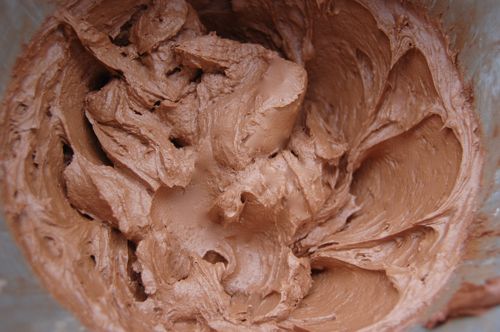My Grandmother’s Cheese Wafers
While I’m giving up the family secrets, my mother and sister asked why I didn’t just go ahead and publish my grandmother’s secret cheese wafer recipe. It’s possible they were being sarcastic, but it’s a darn good idea! I’m always looking for more savory baking recipes.
My grandparents, you must understand, were the very soul of gentility. They lived in an elegant country house my grandfather built. He wore a coat to dinner every night of the week in his own home. Their nightly pre-dinner ritual was a dry gin martini. My grandmother called these here favorite martini blotter (“soaker-upper”). I have very fond memories of these.
10 ounces (2 cups) all-purpose flour
1 teaspoons salt
1/4 teaspoon cayenne pepper
8 ounces (2 sticks) soft butter
8 ounces sharp cheddar cheese
About 35 unsalted pecan halves
